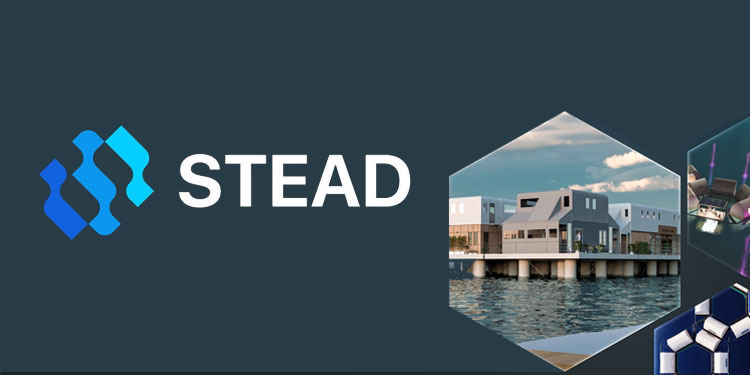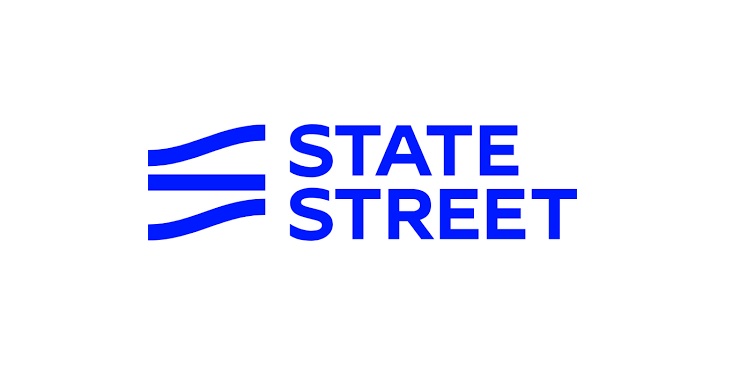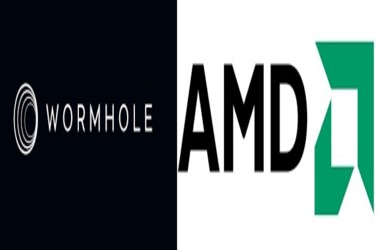In a pioneering move within the blockchain landscape, Stead, an Arbitrum-based DeFi platform (Stead.Builders), has emerged to provide liquidity specifically tailored for small marine businesses, fishermen, and fish farmers, predominantly in regions where traditional banking is limited or absent.
Origins of Stead: Decentralizing Funding for Floating Infrastructure
Stead’s inception traces back to the initiative of ArkPad, a marine engineering company based in the Philippines. The company aimed to assist customers in acquiring mortgages for their unconventional real estate, specifically floating houses. Facing challenges in securing traditional mortgages due to banks’ unfamiliarity with such unique assets, ArkPad collaborated to establish the Stead platform, decentralizing the funding process for a range of floating infrastructure.
Unique Support for Unbanked Businesses in Southeast Asia
Stead stands out not only for its commitment to supporting floating houses but also for its dedication to aiding unbanked small businesses in the Philippines and Southeast Asia. In these regions, a significant portion of the population lacks access to traditional banking services, impeding their ability to secure loans for business expansion. Stead addresses this by providing liquidity to small businesses, including fishermen, through STEAD tokens.
Stead’s solution involves minting STEAD tokens, which are then placed into a pool to purchase a specific asset, such as a fishing boat. Through the token’s ‘lease-to-own’ program, individuals can gain ownership of the asset by burning the initially issued STEAD tokens.
Innovative Deflationary Supply Mechanism
What sets Stead apart is its unique burning mechanism, which not only reduces the circulating supply but also incorporates a deflationary aspect. The STEAD token serves as a reservation ticket for time with the asset, allowing individuals to lease it by burning STEAD tokens. The deflationary supply is triggered when a greater dollar amount is burned than initially minted, resulting in the full transfer of ownership to the individual.
In addition to the burning mechanism, Stead’s minting mechanics contribute to the deflationary nature of the token. While STEAD has no maximum supply, the minimum cost to mint a token increases annually, preventing minting if the price drops below this threshold.
Leadership and Southeast Asian Focus
Led by Co-Founder Mitchell Suchner, Stead is diligently working to enhance financial accessibility in Southeast Asia. The platform’s focus, particularly in the initial stages, is on the Southeast Asian market. However, the long-term vision includes partnerships with small island nations, DAOs, and other organizations to facilitate the development of entire floating cities.
RWA tokens, an emerging niche in the crypto space, represent a pivotal aspect of Stead’s operations. The platform aims to facilitate crucial transactions to benefit profitable yet underserved communities.
Towards Floating Cities: A Vision for the Future
In its later stages, Stead envisions collaborating with small island nations, DAOs, and organizations to construct complete floating cities. The concept, known as ‘seasteading,’ involves creating independent floating jurisdictions with self-governed communities where crypto-friendly businesses can flourish.
The tangible progress in this direction is evident with the first floating house already built in Boracay, Philippines, and coastal resorts planning to list their floating houses on platforms like AirBnB.
Stead’s journey, spearheaded by Suchner, transcends beyond conventional financial models, presenting a transformative narrative of decentralized funding, innovative token mechanisms, and a visionary approach to empowering communities in Southeast Asia.









